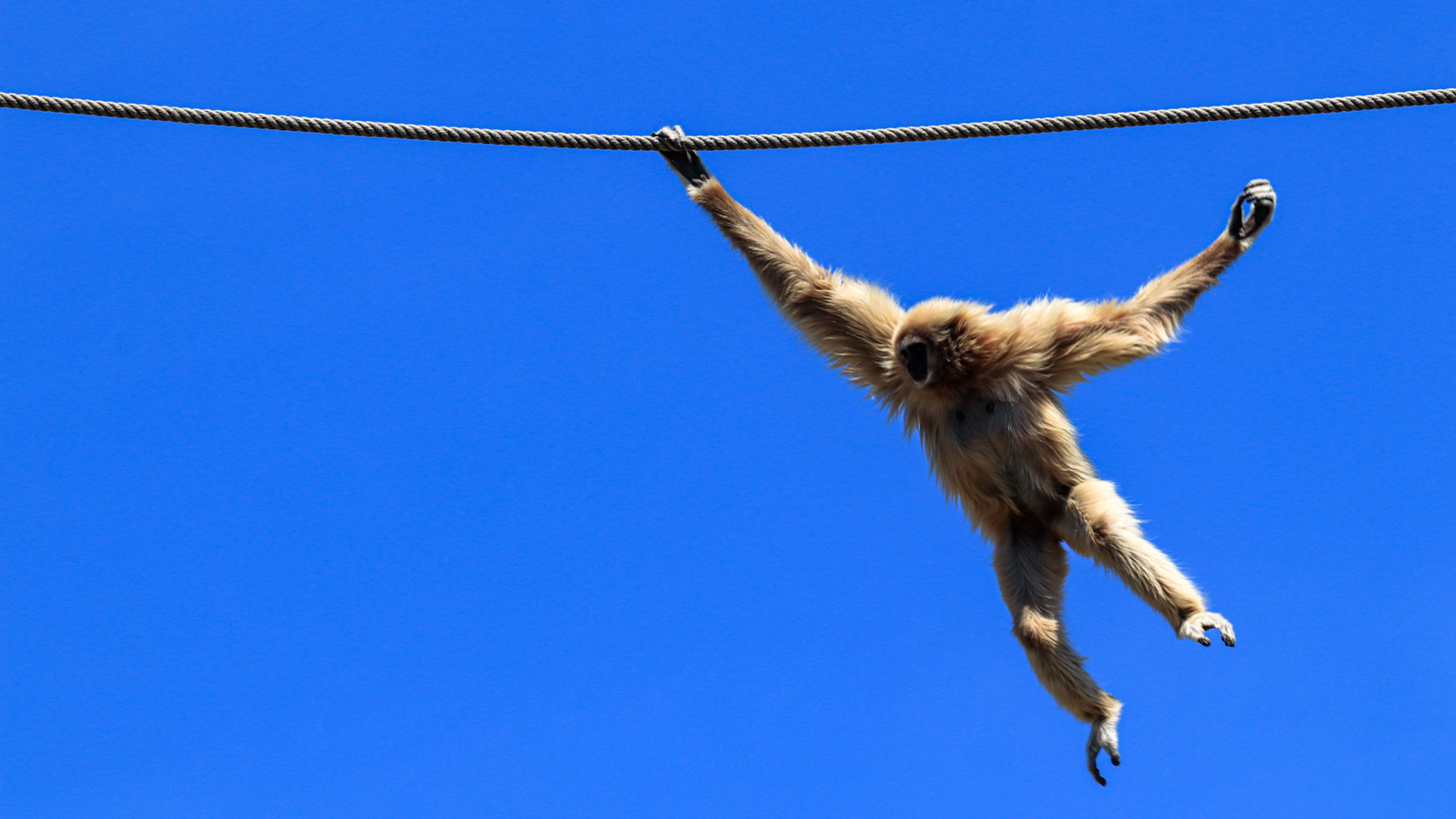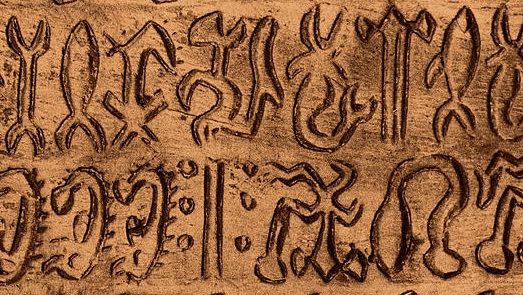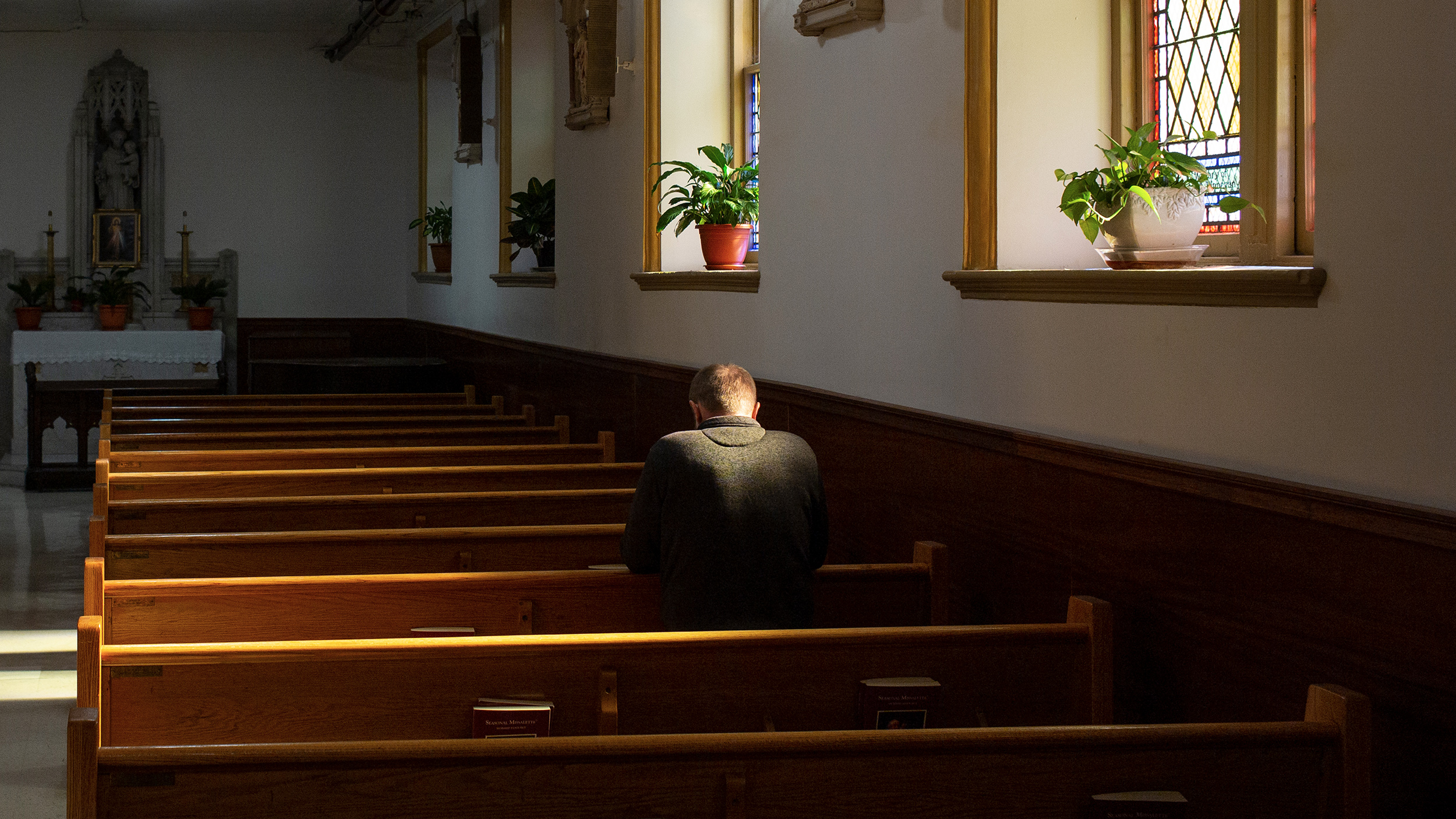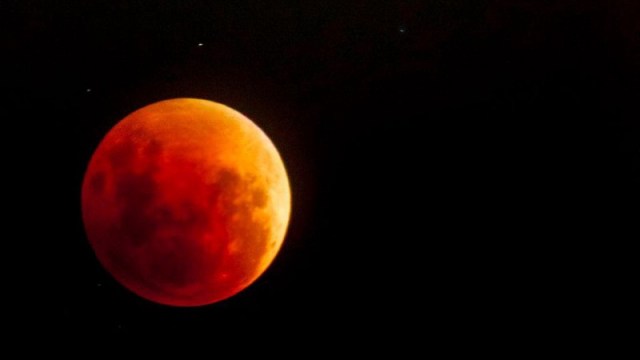Uniqueness, evolution, and faith

Walk into any church gathering, and I would guess that at least 9 out of 10 people believe humans are special.
They might use language like Imago Dei—we are made in the image of God—or they might refer to us a stewards of God’s creation. They might believe we have a soul, or they might use ideas from science and a phrase like “human uniqueness.” They might offer their own spin on the sixth day of creation in the Genesis narrative or on Psalm 8 (“a little lower than angels”). I expect this would hold true across denominations, liberal or conservative, Catholic or Protestant, regardless of gender, race, or ethnicity.
Other statements in traditional Christian creeds might not garner as much support—phrases like “born of the Virgin Mary” from the Apostle’s Creed or “the resurrection of the dead” from the Nicene Creed. These creeds are typically regarded as Christian orthodoxy, but there is likely more agreement among average believers regarding human uniqueness than for some of these other “miraculous” beliefs.
It would be fascinating to understand why people believe in the specialness of humans but are skeptical about virgin births and bodily resurrections. As one who has made a career out of supporting faith and science engagement, especially in Christian communities, I would venture this guess: Science has something to do with it. Science discredits belief in miracles; we are told such things just don’t happen in a world ruled by scientific laws.
This makes for an odd situation. Many Christians believe science is in tension with some of their core beliefs, and yet science supports their convictions about the specialness of humans . . . though I expect few of those churchgoers could explain how. In fact, many of them reject the main branch of science—evolution—that scientists use to investigate the question of human uniqueness.
These observations are supported by a survey conducted by social scientist Elaine Howard Ecklund, who has studied the attitudes of scientists and persons of faith in the United States. Ecklund found that evangelical Christians are supportive of science generally with two exceptions—when science intrudes on the existence and activity of God (e.g., miracles) or when it denies the sacredness of humans (e.g., Imago Dei). Other polls (such as Gallup or Pew) consistently indicate that many American Christians reject evolution, the branch of science seen as the largest threat to the sacredness of humans.
The case for evolution
So it is interesting to survey the work of scientists, whose work relies so much on evolutionary science, and see how many of them argue for some form of human uniqueness. BioLogos, an organization founded by prominent geneticist Francis Collins and which holds to “an evolutionary understanding of God’s creation,” summarized some of the scientific voices arguing for human uniqueness. One of the arguments comes from Daniel Dennett, who is known for merging science and philosophy in order to support atheism.
Renowned scientist/atheist Richard Dawkins also supports a notion of human uniqueness. In The Selfish Gene, Dawkins writes: “We are built as gene machines and cultured as meme machines, but we have the power to turn against our creators. We, alone on earth, can rebel against the tyranny of the selfish replicators” [emphasis mine].
Now, the relationship between religion and science is certainly complex; indeed, many historians studying that relationship are guided by the complexity thesis. So our story cannot end in a simple hug-fest between evolution and Christian faith, since both argue for some form of human uniqueness. There are at least two lines of questioning that must be pursued to parse out the complexity.
First, we must ask exactly how humans are unique—or, in theological language, what is the Imago Dei? Is it our rational minds or our relational capacity? Is it our spiritual ability or our moral capacity? Is it our symbolic thought and language, or the use of sophisticated tools? Maybe it is our prosocial behaviors like cooperation or altruism? Or maybe it’s our advanced culture? Perhaps it is not any single ability or capacity—what theologians often refer to as substantive or relational notions of Imago Dei—but is instead a function given to humans by God to be stewards of creation? There are no easy answers.
Second, what do we mean by unique? Just like any other species, Homo sapiens are unique enough to have their own classification (although our history of mating with Neanderthals and Denisovans make these distinctions a bit more complex). Much of the science argues for a difference in degree rather than in kind, and none of the science posits a supernatural endowment like a soul. But this is where things get interesting and fun, even if there are no clear answers. Yes, our preconceived notions—our desire to be special in this way or that way—might get turned upside down, and we might not land on the solid ground we started with. But for believers, our understanding of who God is, and who we are, will forever be enriched. As a Christian of the Reformed persuasion, I believe that a living faith is one that is reformed and always reforming; put another way, it’s an evolving faith. Furthermore, it is a faith that can converse intelligently with the sciences—and even, perhaps, informing the interpretive lenses applied to each new discovery of our pre-human ancestors or the ways we are both similar and different from chimps and bonobos and even crows.
Lessons from Inger
In a church I used to attend, a saint named Inger was a pillar and matriarch of the congregation—the glue who held everything together. I taught Sunday school classes on science, particularly evolution and human nature, and I could always count on Inger to find me afterward and say something like, “Thank you for that wonderful message, but I am not related to a monkey.” I suspect that Inger, who died last year, felt that way to the end. She could hold together a small Presbyterian church, but she could not hold together faith and evolution when it came to the sacredness of her person.
That was OK for Inger, and many Christians would agree with her. I kept teaching those classes and Inger always attended, but I never once challenged her. My hope is that the church is always a place where a range of views is always welcome, and we can agree to disagree on complex topics like human uniqueness.
I also hope the church can be a place where we have these difficult discussions. There is ground for agreement here. I believe that a humble theology that accepts science as the way we come to understand God’s creation, and a science that sticks to its domain of describing the natural world, will ultimately be compatible. It may not be evident to us today—because neither our understanding of God nor of nature is complete—and it may never be evident to those unwilling to abandon their preconceived notions.
But perhaps part of what makes humans unique is our ability to do science and to hold faith commitments—as well as relate to those who disagree with us, and to seek out answers to some of our biggest questions.
Drew Rick-Miller is a Contributing Editor at ORBITER who also works with Science in Congregations.
The post Uniqueness, Evolution, and Faith appeared first on ORBITER.





